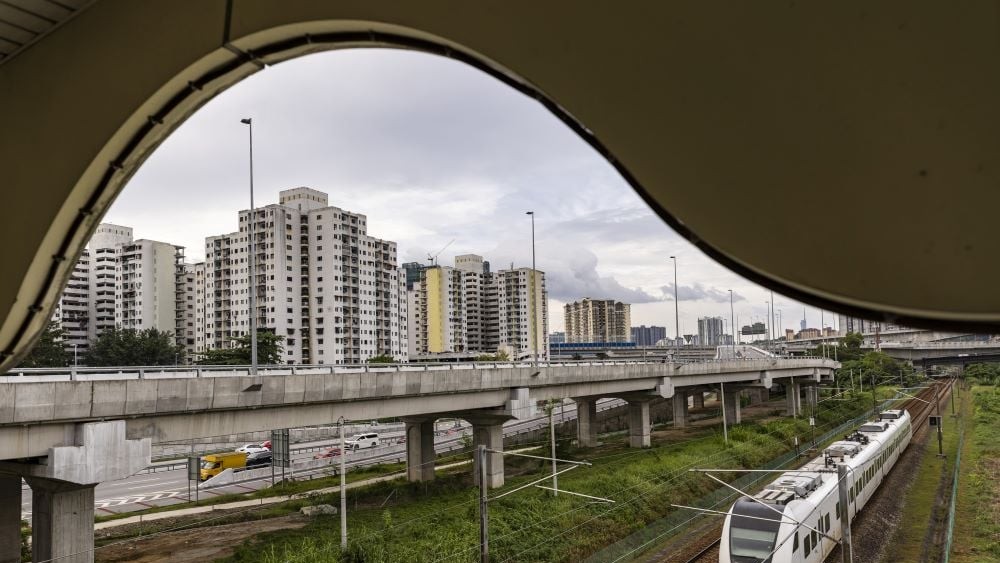Kuala Lumpur – In a strategic move to consolidate its fiscal position, Malaysia will implement a broader tax regime starting July 1, 2025. The revised policy will expand the scope of the nation’s sales and service tax (SST) framework — the local equivalent of a value-added tax — targeting key service sectors including finance and construction.
According to Bloomberg, the decision is part of Malaysia’s effort to narrow its fiscal deficit to 3.8% of GDP in 2025, down from 4.1% the previous year. The Ministry of Finance confirmed that the expansion will also affect select luxury goods and imported high-value items, signaling a shift toward more progressive taxation without placing a significant burden on the broader population.
Second Finance Minister Amir Hamzah Azizan stated on Monday that the revenue increase will help the government enhance public assistance, improve infrastructure, and expand public services. “This tax expansion supports broader national goals without disproportionately affecting the general population,” he explained.
Under the updated SST policy, financial services will be taxed at 8%, while construction services will face a 6% rate. However, exemptions will apply to capital markets, foreign exchange transactions, and residential construction. New service taxes will also be introduced for private education and healthcare — areas previously left untaxed.
In parallel, the government will raise the sales tax to 5% for premium imports such as king crab, salmon, truffles, imported strawberries, silk, and industrial machinery. High-end goods such as racing bicycles and tungsten parts will face a 10% levy.
This policy shift follows an earlier delay in implementation. Originally scheduled for May 1, the reform was postponed after domestic producers voiced concerns over rising input costs and urged policymakers to avoid adding financial strain. Manufacturing — Malaysia’s primary tax revenue contributor — is already under pressure from a looming 24% U.S. tariff hike.
As a trade-reliant economy, Malaysia is actively negotiating with Washington during a 90-day grace period, seeking to prevent the escalation of punitive tariffs imposed by the administration of President Donald Trump. The U.S. recently announced a 10% tariff on Malaysian exports, alongside similar measures affecting other trading partners.
Analysts view the expanded tax policy as a balancing act: addressing structural fiscal needs while mitigating political and economic fallout from external trade tensions. Malaysia’s ability to sustain domestic resilience while engaging diplomatically with global partners will be key to navigating the months ahead.









